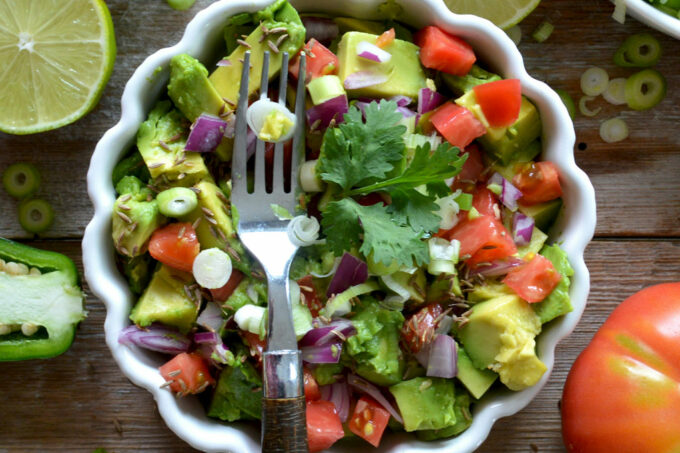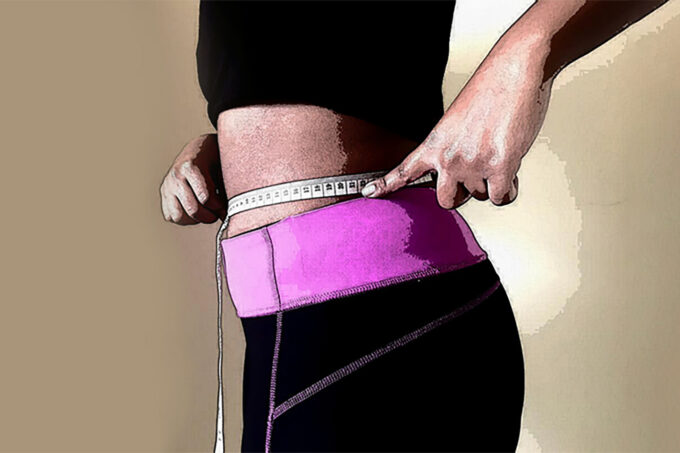Dairy refers to milk and milk products such as sour milk (“bongo” or “amakamo”), yoghurt, ghee, “eshabwe”, cheese, butter, ice cream, condensed and dried milk. Most dairy foods come from cow’s milk, but other sources of dairy foods can be the milk of sheep, goats and other animals.
What is the nutritional value of dairy?
Dairy products are good sources of calcium, potassium, phosphorus, selenium, magnesium, vitamin B12, vitamin D, carbohydrate, fat and protein. Besides the above, milk also contains vitamin A, selenium, zinc, and magnesium. However, it is important to note that dairy products do not contain iron.
The carbohydrate in dairy products provides energy, the proteins help with rebuilding and repairing muscle tissue, the calcium is important for building and maintaining strong bones and teeth, vitamin B12 helps keeping the nervous system healthy, while zinc, selenium and vitamins A and D, help support a healthy immune system. Fermented dairy products such as sour milk, cheese, yoghurt contain “healthy” bacteria which are important for maintaining gut health. In addition, fermentation breaks down proteins and lactose thereby benefiting people with allergies to milk proteins and intolerant to lactose. Fermentation also has an addition benefit of increasing the shelf life of dairy products.
How much dairy should I take daily?
Dairy has significant benefits to human nutrition and can make considerable contribution to meeting the body needs. Of note, milk has an important role in a balanced diet as a source of readily absorbed calcium. One serving of dairy is equivalent to any one of the following:
- 250ml (1 cup) of milk
- 200g (3/4 cup) yogurt/ sour milk
- 1 cup calcium-enriched soy, rice or other cereal milk (with at least 100mg calcium per 100ml)
The recommended daily number of servings depends on age and sex, one to two servings on average is adequate.
NB: Nutrient levels may differ slightly between yoghurt and sour milk
For children below 1 year
It is recommended the babies 0-6months are breastfed exclusively (no other food is given). Breastfeeding should continue for babies from 6 months until at least 1 to 2 years as well as giving solid foods as they transition to the family diet. Breastfeeding has benefit for both the mother and baby. Breastfed children perform better on intelligence tests, are less likely to be overweight and less prone to diabetes later in life while women who breastfeed have a reduced risk of breast and ovarian cancers.
What else can I take if I do not take dairy?
For those people who do not take dairy products for different reasons (e.g lactose intolerant, have allergy to protein in cow’s milk or for any other reason) there is need for alternative sources of calcium such as:
- Calcium-enriched soy, rice and oat drinks (1 cup equals 1 serve of dairy)
- Green vegetables (e,g sukuma wiki, spinach, and broccoli)
- Cereals (millet, maize, rice (esp brown rice)), bread
- Small fishes eg mukene
How to safely consume dairy
Unpasteurised (raw) dairy products are more likely to contain bacteria that can cause brucellosis and Tuberculosis and hence pose a health risk for the elderly, pregnant women, children and people who are immunocompromised.
If diary must be stored for long, it should be stored below 5oC and should not be consumed past the expiry date.
Milk processing has many potential health implications. Pasteurization reduces transmission of brucellosis, tuberculosis, and other pathogens. Fermentation to produce aged cheese, yogurt, kefir, and other products denatures peptide hormones, alters protein antigens, reduces lactose content (suitable for people who are lactose intolerance), and affects bacterial composition. Fractionation yields butter, reduced-fat products, and whey protein, and fortification of dairy products with vitamins A and D can supplement diets.
Dairy and weight management
Dairy is said to be good for maintaining a healthy weight or losing weight, if taken without other foods, due to the satisfying combination of carbohydrates, fat and protein. A study by Welma and colleagues, found that increased dairy intake as part of energy restricted diets resulted in greater loss in bodyweight (Welma et al 2016). In other studies, there was no effect on the weight (Walter 2020)
Resources
- Dairy products
- Fermented Milk – Uses, Side Effects, and More
- All You Need to Know About Dairy in Your Diet
- Breastfeeding
- Willett WC, Ludwig DS. Milk and Health. N Engl J Med. 2020;382(7):644-654.
- Richard M. Ariong and Kenneth Okital, 2022. Milk consumption in Uganda.
Dr Nerima Barbara is a Lecturer at the Department of Biochemistry and Sports Science, College of Natural Sciences, Makerere University. Dr Nerima holds a Bachelors in Biochemistry (major)/Chemistry (minor), MSc in Molecular Biology and PhD in Cell Biology. She is passionate about food (especially healthy eating) and cooking, as well as finding solutions to food allergies/intolerances.



